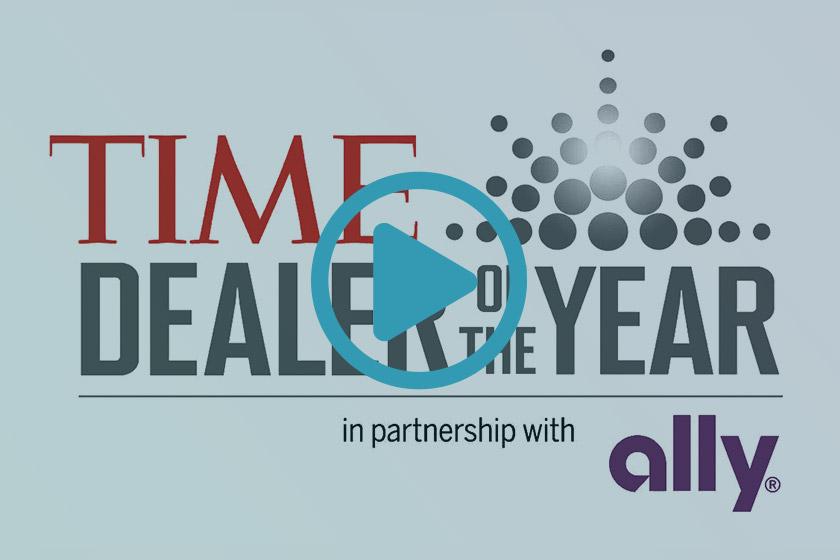The layman might assume that Google is a fairly static, non-changing entity—but that couldn’t be further from the truth. Actually, Google’s search engineers are constantly tweaking and revising the algorithms to provide users with a better search experience. Most of these adjustments are exceedingly minor, but some of them are significant—and one of the most significant Google search updates in recent memory is the one known as Penguin.
Changes to Google Penguin
The Penguin algorithmic update was first unveiled in 2012, and like most of Google’s updates it has a simple purpose—to promote good SEO and high-quality content while penalizing those who try to cheat their way to improved search engine rankings. You can read a little bit more about Penguin here.
What’s changed is that Penguin now operates in real-time. “Historically, the list of sites affected by Penguin was periodically refreshed at the same time,” Google explains. “Once a webmaster considerably improved their site and its presence on the internet, many of Google's algorithms would take that into consideration very fast, but others, like Penguin, needed to be refreshed. With this change, Penguin's data is refreshed in real time, so changes will be visible much faster, typically taking effect shortly after we recrawl and reindex a page.”
Implications for Content Marketing
This should come as happy news to marketers. For starters, real-time updates mean that those whose content is penalized by Google can launch a rapid recovery. Keep your eye on your analytic dashboard and be alert to any sudden drop off in traffic or rankings for a particular blog post of a piece of Web content—and if you experience that drop, make fixes right away. Disavow spam links, clean up bad links within the content itself, tone down your keyword stuffing, and just generally audit the content for quality and readability. Ideally, this will help you lift that Google penalty quickly, rather than having to wait a long time for your adjustments to have an impact.
An even bigger priority should be avoiding Penguin penalties in the first place. Epic blog posts could and have been written about the best ways to steer clear of Penguin setbacks, but the simplest way for us to frame the issue is to say that Google wants to provide its customer (search engine users) with a high-quality product (relevant search results)—so crafting useful, engaging, and well-conceived content, without resorting to black-hat SEO techniques, is the best thing you can do to boost your search engine rankings.
Pay attention to other bloggers in your niche, and write about topics that are popular, while ensuring a unique approach. Construct posts with the end user in mind, writing and formatting in a way that lends in readability. Share on social media and solicit backlinks from other reputable bloggers. Make sure you do all of this under the umbrella of an integrated marketing strategy—and if you need a hand developing one, give the enCOMPASS team a call.
SHARE THIS ARTICLE:



